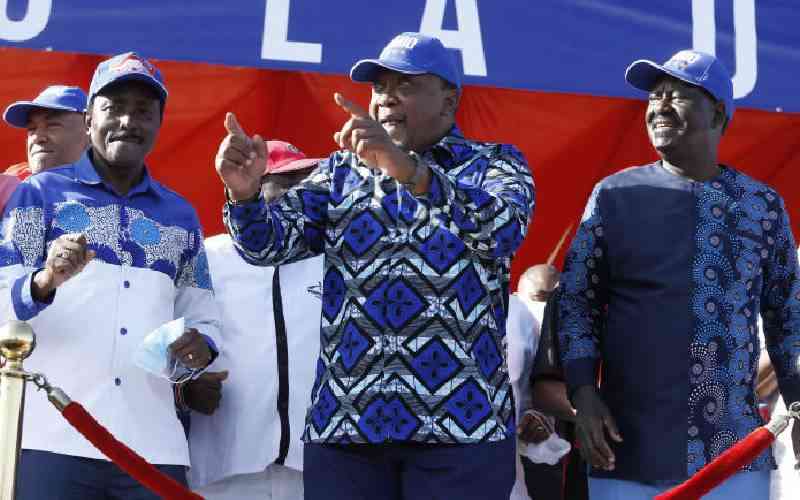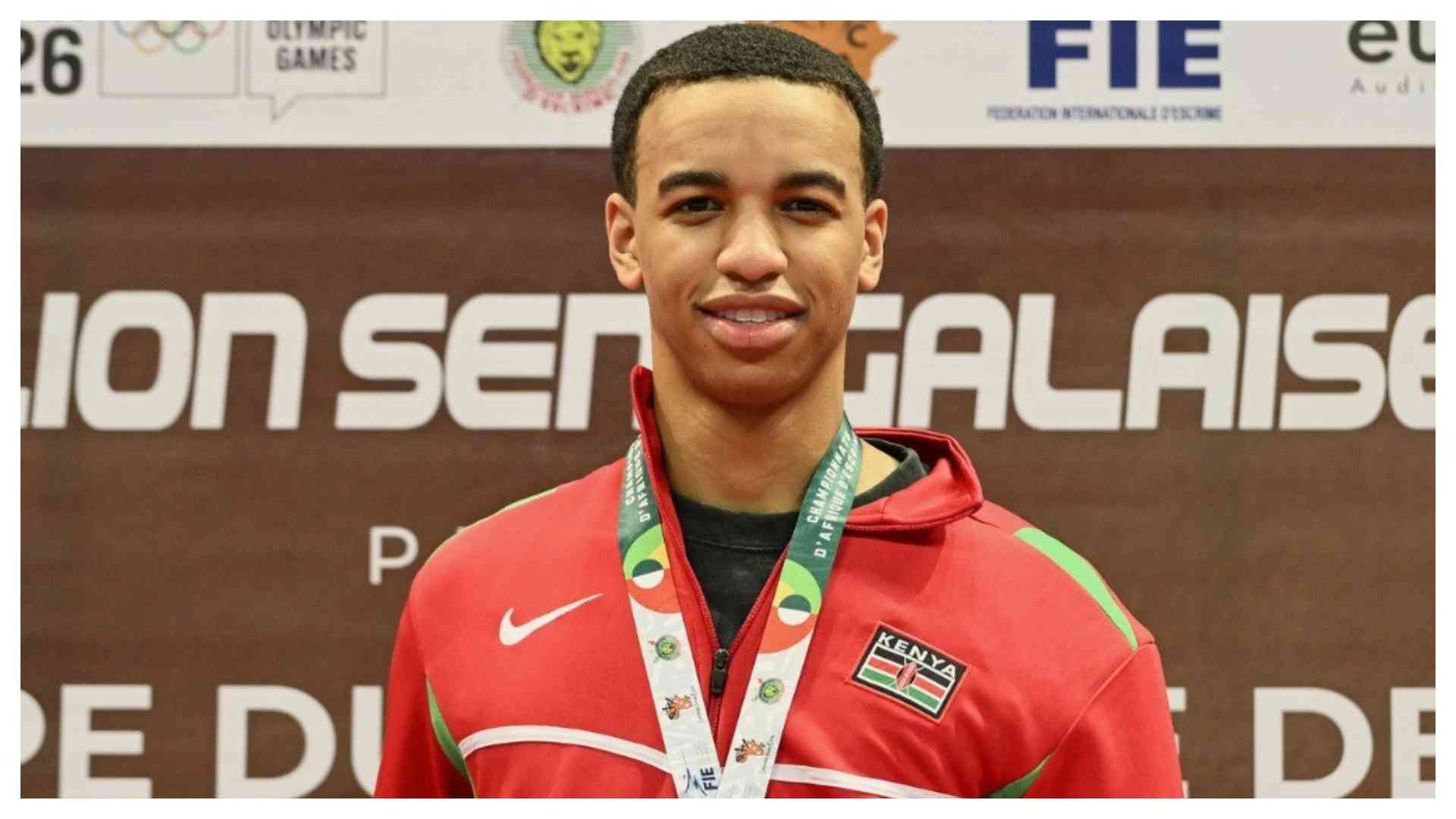
Audio By Vocalize

Former President Uhuru Kenyatta's frustrations over delayed release of his Sh1 billion budget brings to mind 10 years ago when he blocked former Prime Minister Raila Odinga and former Vice President Kalonzo Musyoka from accessing their retirement perks.
The old adage 'what you sow is what you reap' aptly captures Uhuru's situation. Or better still, the Biblical teaching in Luke 6:38: "Give, and it will be given to you. A good measure, pressed down, shaken together and running over, will be poured into your lap. For with the measure you use, it will be measured to you."

